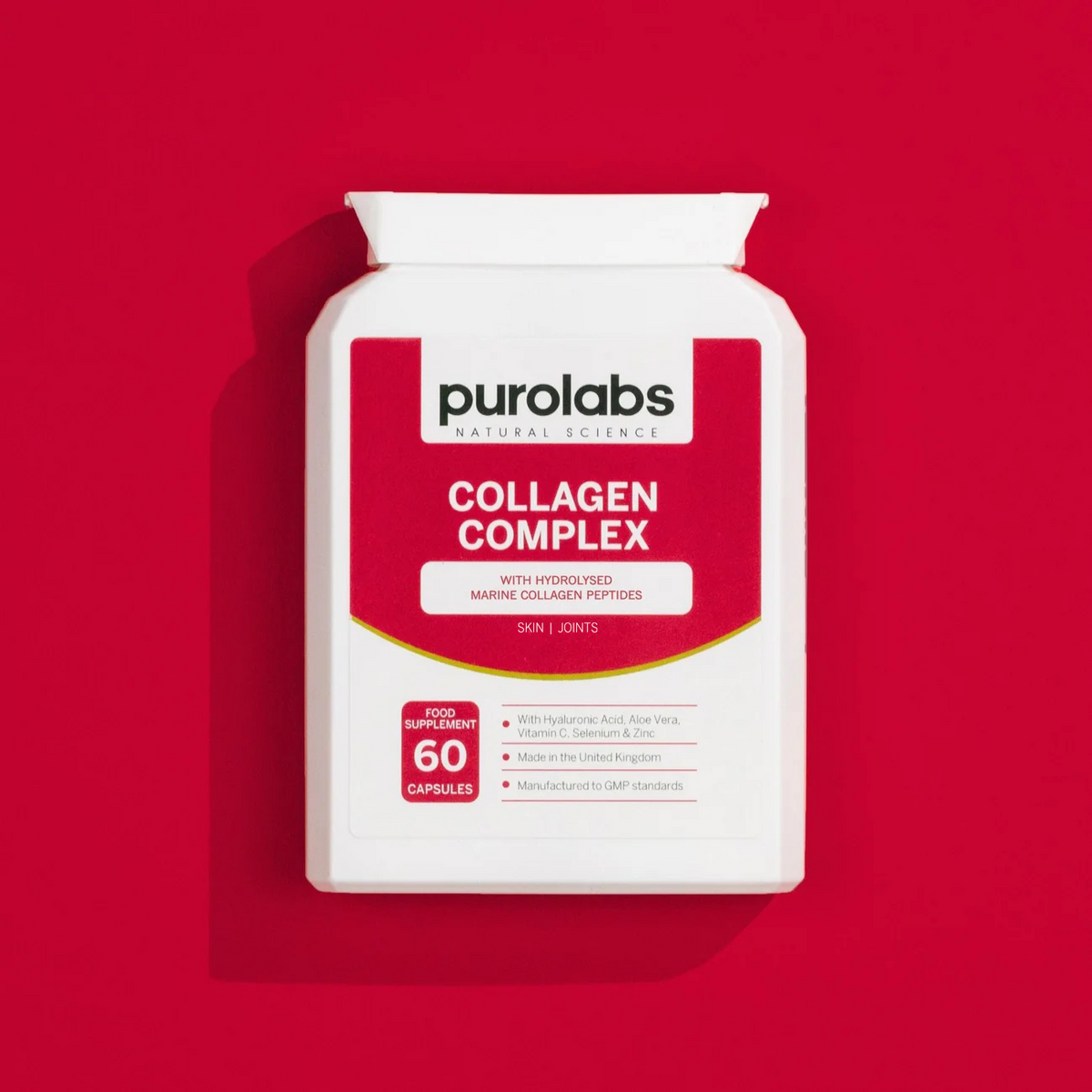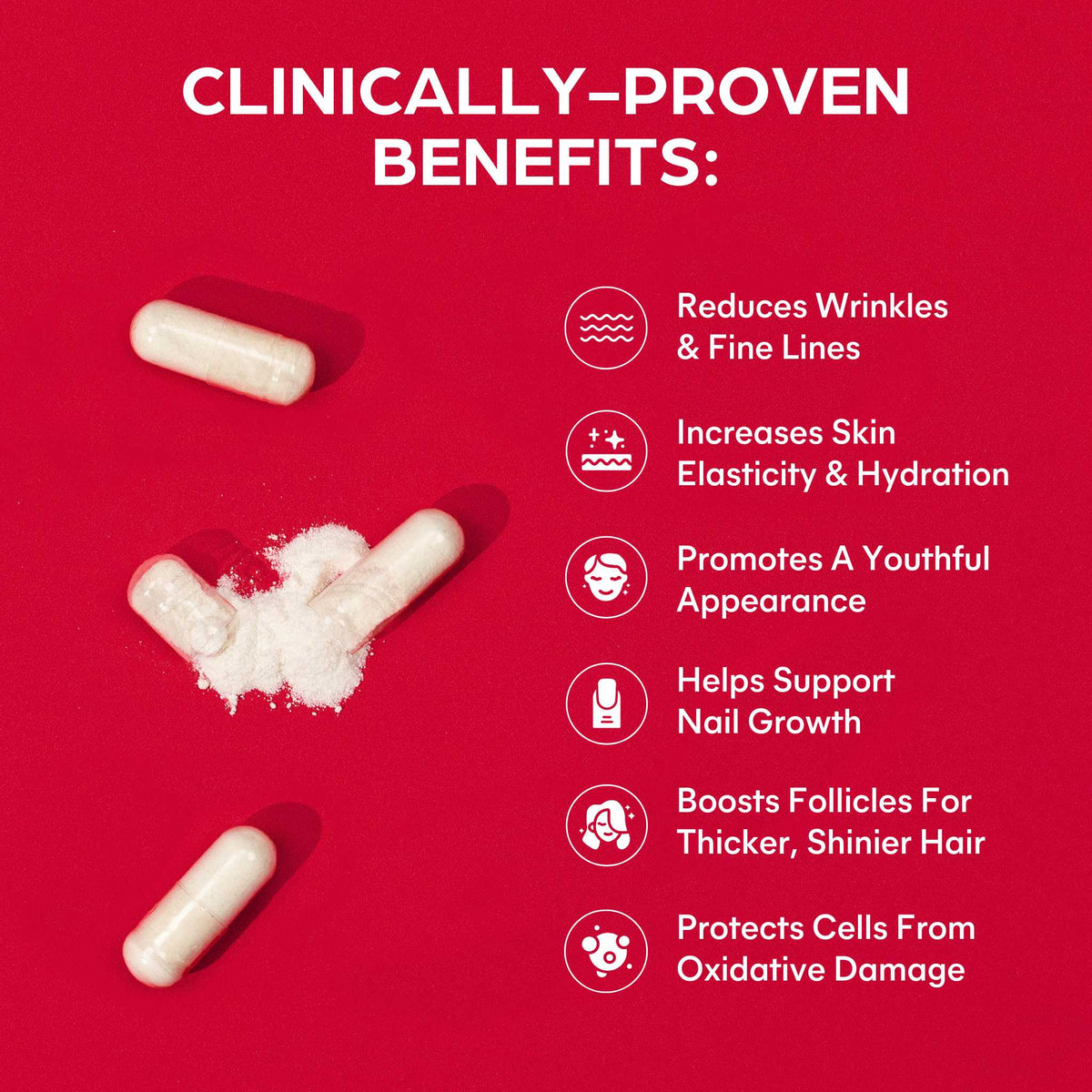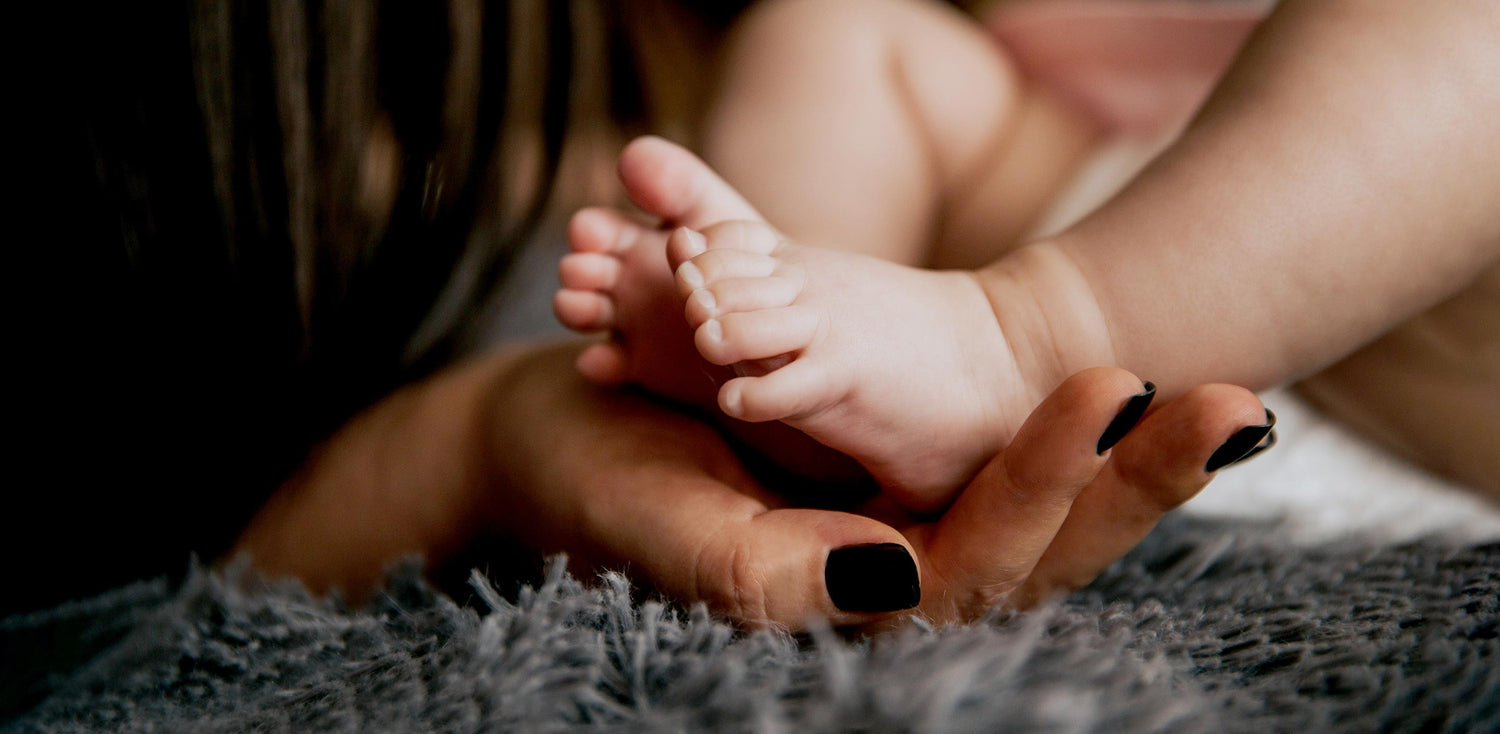There is a lot of conversation around supporting yourself in pregnancy, but it is equally important to look after your health and wellbeing when you are postpartum. The period of time after you have given birth can be extremely stressful, even more so if you are completely new to parenthood and are adjusting to your new normal. Looking after yourself as well as the new addition to the family is key in navigating those tricky few weeks after you give birth.
Below are some of the ways in which you can support your physical and mental health when you are postpartum.
Eat a Balanced Diet
Making sure you are eating enough is so important to support energy levels at a time when you may be struggling to get the amount of sleep you need. Eating a diet high in sugar, processed or fatty foods and consuming too much caffeine can have a detrimental effect on your wellbeing and leave you feeling even more sluggish, fatigued or jittery.
We would recommend incorporating fresh fruit and veg into your diet, as well as foods that are naturally high in vitamins, minerals and antioxidants. Drinking lots of water and staying hydrated is also important, especially if you are breastfeeding.
Rest When You Can
Getting as much sleep as you can is not only beneficial for a physical recovery. Getting a sufficient amount of rest will also support your mood and mental health, especially if you are having some difficulties adjusting. The phrase ‘sleep when baby sleeps’ is an accurate depiction of what new parents need to do when they have a newborn!
Be Kind To Yourself
Having a newborn can be very stressful so it’s more important than ever to be kind to yourself. Avoid putting any added pressure on yourself to have things figured out right away or to get everything right. You will eventually establish a routine and find your footing but this won’t happen right away - so try not to stress!
Accept Support & Seek Help When Required
When you are postpartum, it is very likely that friends and family will want to help out so allow them to if they wish! Even if they just help tidy up the home or keep an eye on the baby for an hour so you can get a shower or some extra sleep.
If you are struggling and haven’t had any offers, don’t be afraid to reach out and ask for some help from your support circle. And if you are struggling to cope and are worried about your mental health, always speak to a health professional. There is help available for new parents and the sooner you speak up, the quicker you can get the help you need during this crucial time.
Exercise (Once It’s Safe To Do So)
How soon you can exercise will depend on the type of birth you had but once you get the go-ahead from your doctor, physical activity is a great way to support your physical and emotional wellbeing when you are postpartum. Getting out and about for walks as a family is a useful way to get some steps in and get fresh air for you and baby.
Of course, we suggest exercise for the physical and mental health benefits and not for the pressure new parents often feel to ‘snap back’ to their pre-baby weight or build. Forget about the number on the scale or the labels in your clothes and embrace exercise for the mood-boosting endorphins it can provide.
So those are our top tips for looking after yourself when you are postpartum! Adopting some healthy habits like those mentioned above can help to support both physical and emotional wellbeing during a time that can be demanding on your body and mind.





















